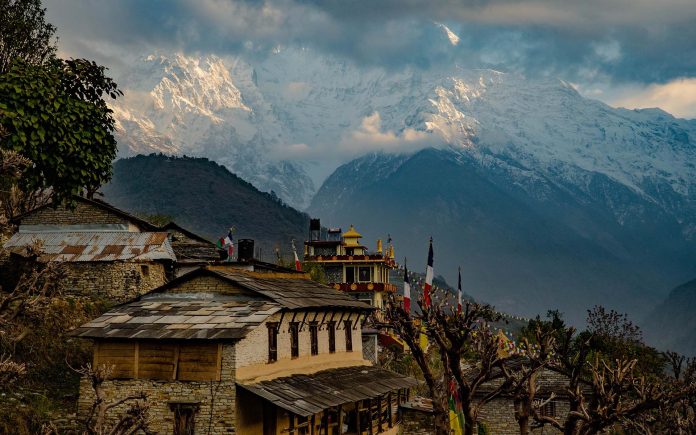Kathmandu: Indian External Affairs Minister S Jaishankar engaged in a “comprehensive and productive” meeting with Nepalese Foreign Minister NP Saud, covering a range of topics including bilateral ties, trade, connectivity projects, and cooperation in defense and security. Notably, Nepal signed a long-term agreement to export 10,000 MW of power to India and also inked an MoU for collaboration in renewable energy. The two nations jointly inaugurated three cross-border transmission lines, signed agreements for impactful community development projects, and established the Launch Service Agreement for the Munal Satellite.
Jaishankar, who arrived in the Himalayan nation earlier in the day on his first visit to a foreign country in 2024, co-chaired with Saud the 7th India-Nepal Joint Commission meeting.
Power pacts
Nepal signed a long-term agreement for the export of 10,000 MW power to India, an MoU for cooperation in renewable energy, and jointly inaugurated three cross-border transmission lines.
India has helped Nepal develop multiple hydropower projects on some high-volume rivers and more projects are in the pipeline; and the power export agreement comes as the next step in the bilateral relations.
The China factor
China, having established a notable presence in Nepal through its Belt and Road Initiative, is shifting its focus to the country’s hydropower sector. The strategic analysis from the Foreign Policy Research Institute highlights Nepal’s position caught between the influence of China and India. The longstanding diplomatic rivalry between Beijing and New Delhi is now extending to Nepal’s hydropower industry. With an estimated hydropower potential of 42,000MW from its 6,000 rivers, Nepal’s energy sector has become a new focal point in the competition for influence between the two Asian powers.
Other agreements
During the meeting, an agreement for the execution of high-impact community development projects was signed. Additionally, the Launch Service Agreement for the Munal Satellite, developed by the Nepal Academy of Science and Technology (NAST), was also formalized. As a significant announcement, India pledged $75.11 million in assistance to Nepal for the reconstruction of areas affected by earthquakes. These developments underscore the collaborative efforts and strengthened ties between the two nations during External Affairs Minister S Jaishankar’s visit.
‘Roti-Beti’ ties
Before the meetings mentioned earlier, S Jaishankar had discussions with President Ramchandra Paudel and Prime Minister Pushpa Kamal Dahal ‘Prachanda’. The discussions included a comprehensive exchange of views on the longstanding, distinctive, and multifaceted relations between Nepal and India. The leaders acknowledged the historical “Roti Beti” (bread and daughter) relationship, emphasizing Nepal’s significance for India within the broader context of its strategic interests in the region.

